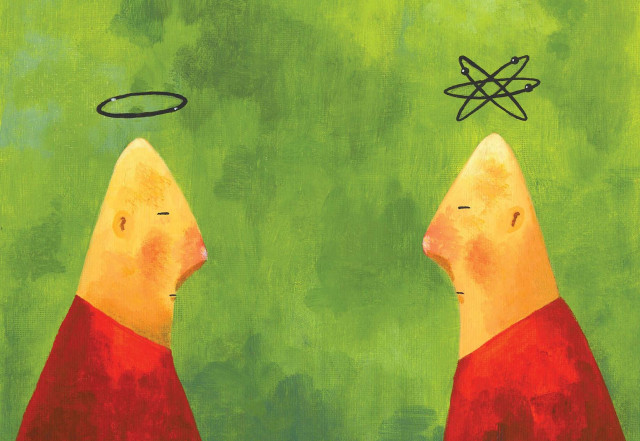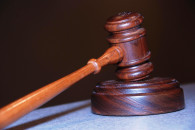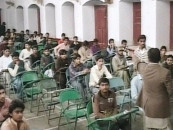Spiritual healing: Reiki - an ancient practice for a new era
Medical cures take a backseat to more alternative practices.

Living in the twenty-first century with bodies wired for a fast-paced life, taking a break usually involves medicating ourselves and letting the chemicals take over. However, there are other forms to deal with daily tensions. Healing through positive energy, otherwise known as Reiki, is an ancient practice that is now finding recognition among many.
Reiki is a Japanese word:
Rei - universal and ki - life force energy. It is a special kind of healing energy that can only be channeled by someone who is attuned to it. It is scientifically proven that there are energies around us-- the human body is made up of atoms. These particals constitute the kind of energy also found in supernovas and exploding stars. Their energy is then channeled through a Reiki Healer.
(Read: Power of mind: Reiki for self-healing and getting rid of the negative)
Reiki is taught on three levels by a Reiki Master. On the first level, the ability to do Reiki is transferred from master to student through a process called Attunement. Students then have the ability to channel energy by placing their hands on a recipient or on themselves. At level two, a Reiki student learns how to heal a person across a distance. Interestingly, the patient could be hundreds of miles away; the Reiki energy directed by the practitioner is believed to heal the client. Level three, is the final level where one becomes a Reiki master/teacher.
Practitioners of Reiki believe this form of healing can be used with regular medical or psychological treatment, and will help improve results. Nyla Durrani, a medical practitioner believes that 60% of all ailments are psychological, the rest 40% are generally pathological. “Reiki helps in easing stress and gives peace to the mind; if it helps people, then why not?” Others state that regular Reiki healing aids in dealing with numerous situations and helps in relaxation. “I always resort to it in times of difficulty. Just the act of Reiki is so soothing it’s a form of meditation as well. I do Reiki on my husband most days when he has difficulty sleeping and it knocks him out,” says Pashmina, another Reiki practitioner.
While Reiki does not require medical certificates, Reiki masters still have to prove their lineage back to Reiki Master Takata. Takata was originally trained by the founder of Reiki Japanese Dr Usuoi. Takata then travelled to America and trained 22 masters.
In today’s fast paced world of scientific research where medical cures are constantly being discovered, people find it hard to believe in intangible healing. “I don’t see the point [in Reiki] when we have medicines to get better results” says Nomair Syed, a skeptical university student. For some, its carries an element of superstition and others misinterpret it as hypnosis.
Zunaira Yahya, a fashion designer by profession confesses, “I’d rather pray or read the Quran instead of resorting to [Reiki].”
There will of course always be believers and skeptics. Everyone chooses to find their own balance. As French philosopher Pierre Teilhard de Chardin said, “We are not human beings having a spiritual experience, but spiritual beings having a human experience.”
Published in The Express Tribune, October 18th, 2011.



















COMMENTS
Comments are moderated and generally will be posted if they are on-topic and not abusive.
For more information, please see our Comments FAQ